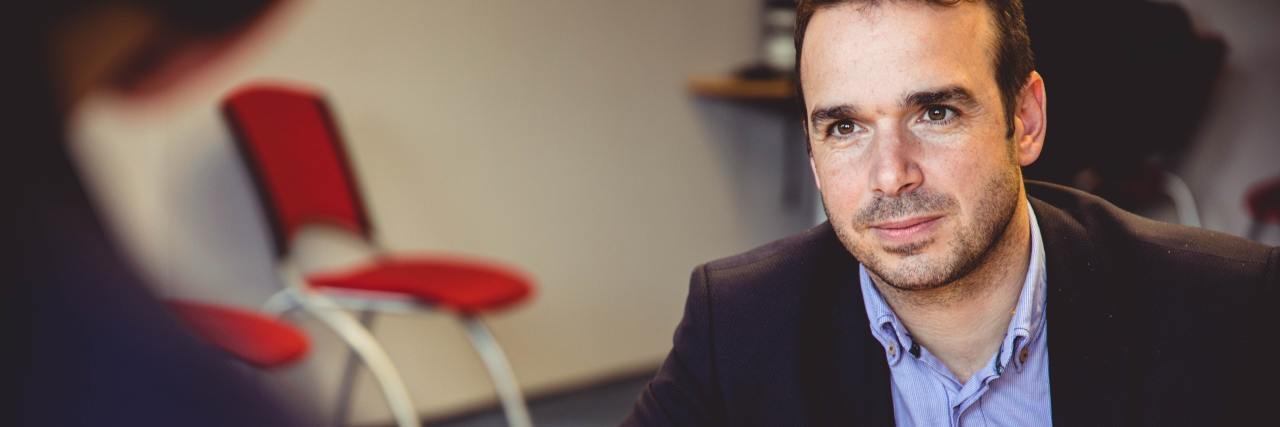As a boss, I must have interviewed over 100 people for job openings. Because my engineering teams were composed of the most experienced people, the interview process was tough. I was the final interview after a series of peer technical reviews. Many of the candidates were exhausted by the experience. All that nervous energy was wearing them down. When I met each person, I handed them a cold bottle of water and asked them to take a little break.
Every team has a personality. My job was to figure out how the candidate would fit with my team. My goal was to slow the day down for the last hour and see if they could relax and recover. There is much to be learned by watching how people recover from stressful situations while still under pressure.
Truth be told, that is the nature of life. We seldom get entirely stress-free moments, no matter how hard we try to create them. Think of how many times you have gone on vacation to relax only to discover you have been thwarted by the vacation itself: the place, the food, the people, the time zone … we have all been there.
The trick is to become friends with your body, your nervous system, so you know difference between high stress and simple discomfort. The difference isn’t subtle. Take a moment and think about how different your body feels. It’s huge, isn’t it? When you understand the difference, merely being a bit uncomfortable is kind of nice. It is manageable, a place to rest and recover, not scary at all.
In all my interviews, there is one question I used near the end. It is a bit of a Zen riddle. I wanted to better understand how the person reacted to the inevitable confusion of an intense job, or life in general. I was conscious of my aspect when I asked my favorite question. I wanted the person to see me as friendly, maybe just a little bit curious. And then I would ask, “What do you do when you don’t know what to do?”
The body language responses I got to that question were almost like the physical startle you feel when you step off a curb that you didn’t know was there. People’s bodies moved, sometimes with a tilted head or a shift in their hands. Other times, they completely reordered their body position. “What? Can you say that again?” “What do you mean?” I never clarified the question. I calmly repeated it and let it lay there on the table between us.
The question comes from a deeply personal place. As someone who manages the anxiety that comes with my post-traumatic stress disorder (PTSD), I am most comfortable when my life is predictable. I have a hair-trigger nervous response that can set my fight-or-flight systems galloping in an instant. The most frightening place is what I call the “I don’t know” place. That place can freeze me, lock me into self-destructive anxiety patterns and in the worst instances, trigger a dissociative event from deep within my PTSD.
One of the greatest tricks of my recovery has been nurturing my ability to recognize when I am approaching the “I don’t know” place. I then turn it on its head with a different phrase: “Decide, plan and act.” Even if my first decision isn’t the correct one, the process of cutting off the spinning internal debate has immense power. When I choose, my attention shifts to planning. And when I have a plan, my feet are again firmly on the ground. I have taken control. Having an inner sense of control makes me feel just little bit more powerful and ready to act. I have created a positive cascade of thoughts and actions that explode the “I don’t know” place.
I suppose when I asked the candidates, “What do you do when you don’t know what to do?” I was seeing if they too had an “I don’t know” place. The remarkable thing I discovered is every one of them figured out what to do. Some said they would reach out to someone else for advice. Others told me they would take a few moments, step away and slow everything down to see the problem from a different angle. I even had people laugh and say with complete confidence, “Oh, there is always something do to next.” What I discovered is deep in human nature is remarkable resilience. An on-demand superpower. We all have it. You have it. Decide, plan and act.
Unsplash image by Johanna Buguet

